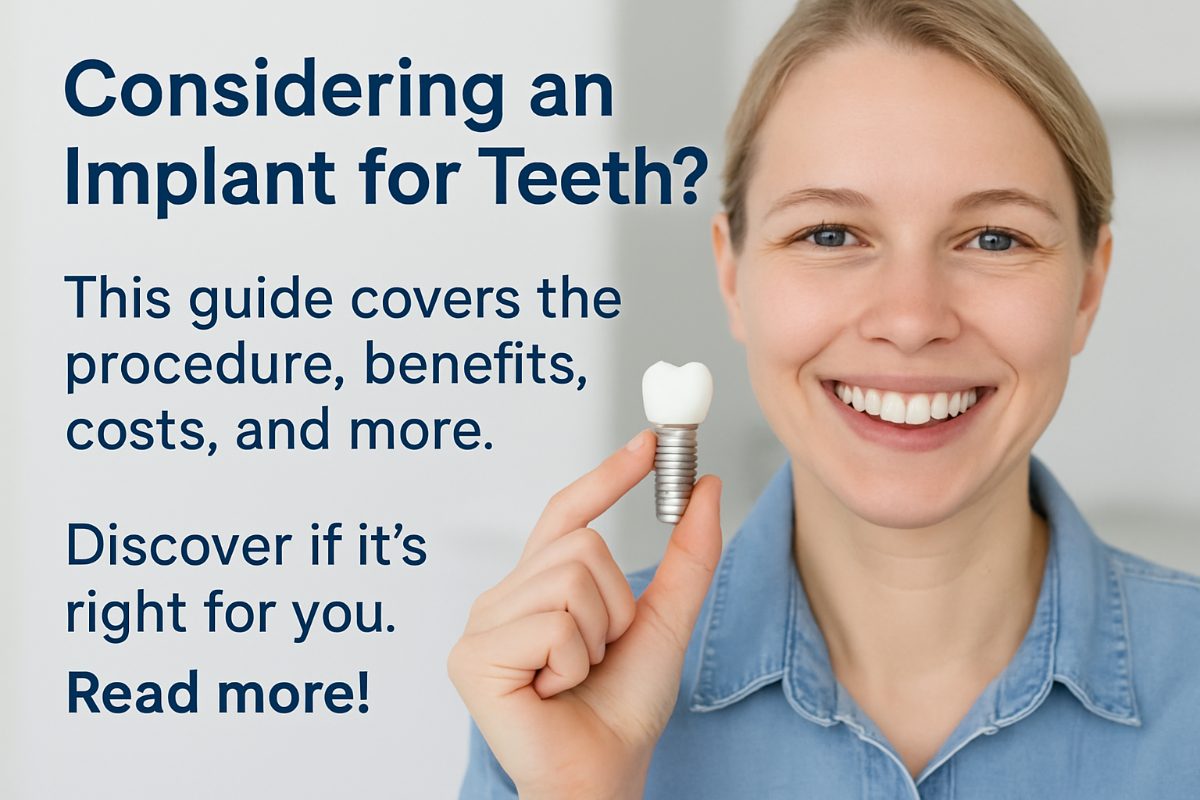If you’re missing a tooth or tired of loose dentures, an implant for teeth in Phoenix, AZ may be the long-term solution you need. This article explains what an implant for teeth is, who should consider one, how the procedure works, recovery and risks, costs and insurance basics, and how to book a consult. Read on to learn what to expect and whether an implant for teeth in Phoenix, AZ is right for you.
What is an implant for teeth?
An implant for teeth is a small titanium post placed into the jaw to act like a tooth root. After the implant bonds to bone (osseointegration), a crown, bridge, or denture is attached on top. Implants differ from traditional bridges or removable dentures because they preserve bone, provide stronger chewing, and look and feel more like natural teeth.
Who is a good candidate for an implant for teeth
You may be a candidate for an implant for teeth in Phoenix, AZ if you have a missing or failing tooth, trouble chewing, shifting teeth, or ongoing bone loss. Good candidates typically have healthy gums, are non-smokers or willing to quit, and have chronic conditions (like diabetes) under control. If you have low bone volume, your dentist may recommend a bone graft or sinus lift before an implant.
How the implant for teeth procedure works (step-by-step)
– Consultation and planning: Your dentist will review medical history, examine your mouth, and take 3D imaging. – Implant placement: Using guided surgery, the implant is placed into the jaw under local anesthesia or sedation. – Healing (osseointegration): Over 2–6 months the implant bonds with bone. Temporary restorations may be used. – Final restoration: Once healed, an abutment and final crown, bridge, or denture are attached. Typical timelines vary by case—single implants may finish in a few months; full-arch plans can take longer or use immediate-load protocols.
Benefits of choosing an implant for teeth
Implants restore chewing strength, improve speech, and prevent bone loss that follows tooth loss. They offer a natural look and longer durability versus bridges or removable dentures. Modern techniques and materials yield high success rates when placed and maintained properly.
Recovery, risks, and how to reduce complications
Expect mild swelling and discomfort for a few days, with most people returning to normal activities within a week. Watch for signs of infection, severe pain, or loosening of the implant and call your provider if these occur. Computerized planning, 3D imaging, and experienced teams reduce surgical risks and improve outcomes.
Cost, insurance, and financing for an implant for teeth in Phoenix, AZ
Costs depend on a single implant versus full-arch work, need for bone grafting, implant materials, and lab fees. Many dental plans cover part of the crown or denture but not the implant post. Common financing options include in-office plans, third-party medical/dental loans, and CareCredit. Always request a written estimate and breakdown before treatment.
Why consider Phoenix Implant Clinic for an implant for teeth in Phoenix, AZ
Phoenix Implant Clinic blends surgical expertise with family-focused care. With over 900 five-star reviews, the clinic emphasizes precise planning and anxiety-free treatment for lasting results.
About the doctors
Dr. Eddie Harsini, DDS — advanced implant training, 3D-guided surgery experience, and extensive continuing education. Dr. Lawlay Azizi, DMD — restorative and cosmetic expertise, gentle patient care across all ages.
Key technologies & comfort options
3D imaging, computer-guided surgery, All-on-4 options, biocompatible titanium implants, plus sedation choices (nitrous, oral, IV).
Next steps: How to book a consult for an implant for teeth in Phoenix, AZ
Bring medical history and any recent x-rays. The consult includes an exam, 3D scan, treatment timeline, and cost estimate. Call or book online to schedule a consultation and get a personalized plan for an implant for teeth in Phoenix, AZ.


